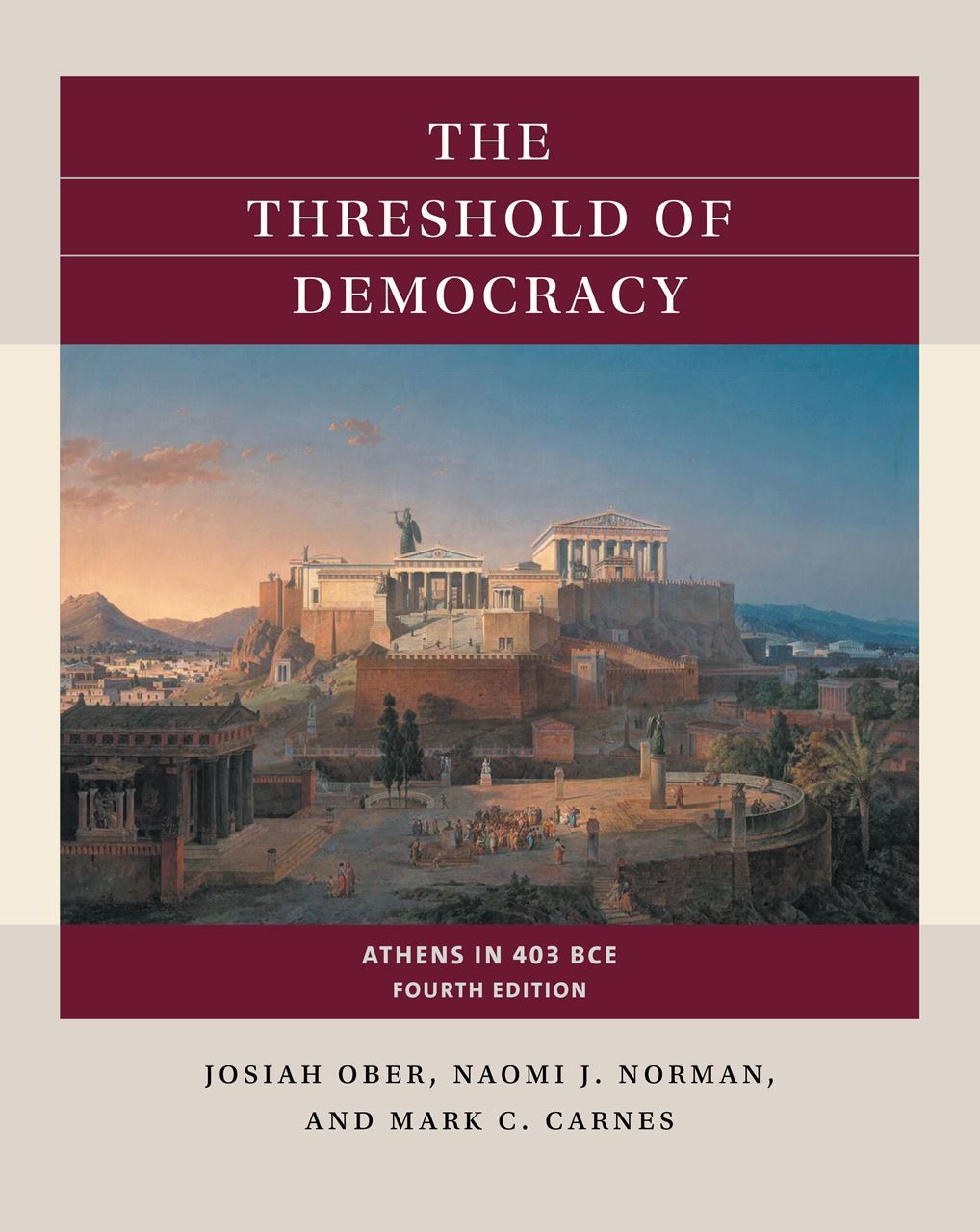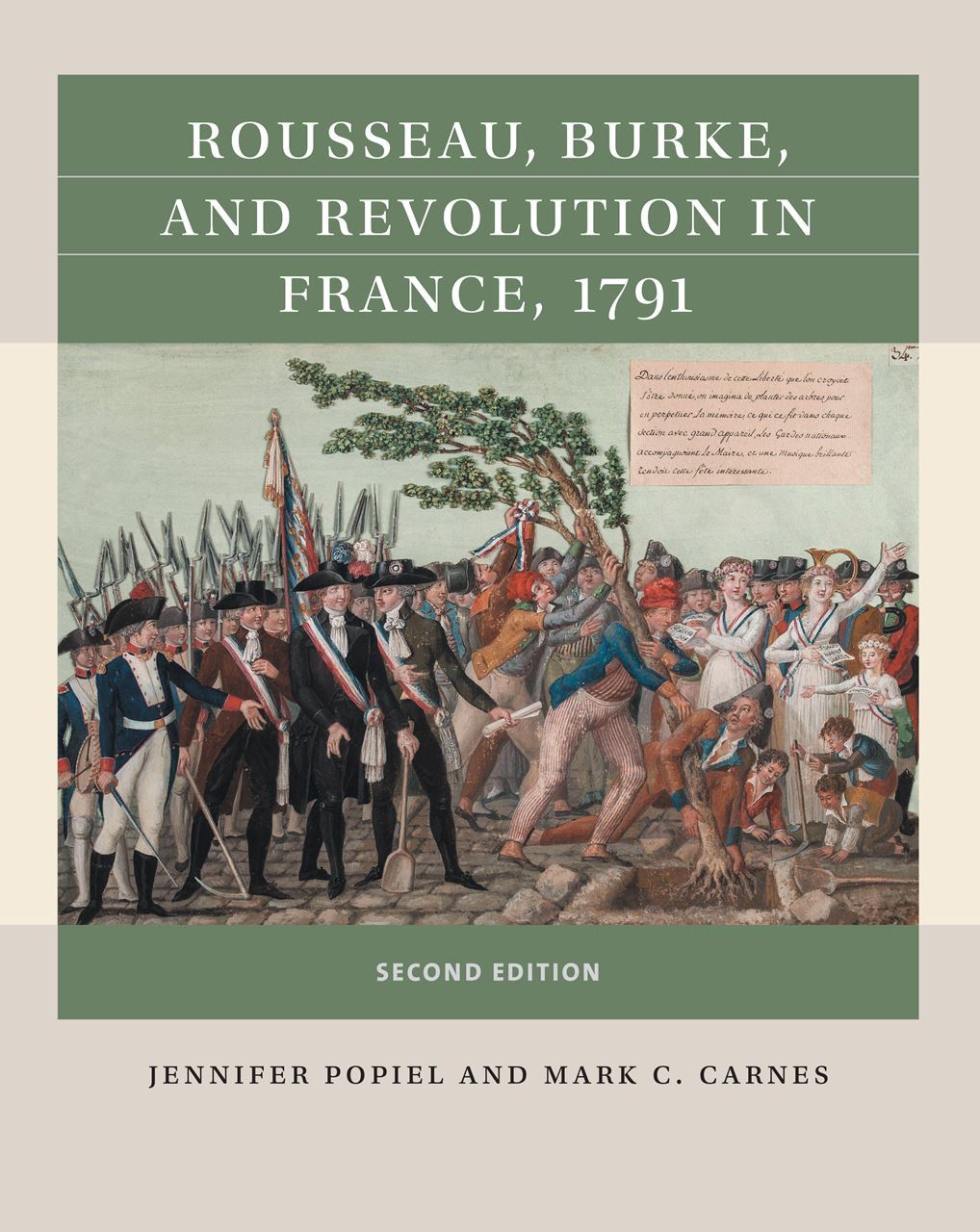 |
Elizabethan players act the power struggles of their time. It is October 1592. Christopher Marlowe, the most accomplished playwright in London, has written The Massacre at Paris for his company, the Lord Admiral’s Men. Bubonic plague has hit outlying parishes, forcing theaters to close and postponing the season. Ordinarily, the Rose Theatre would debut Marlowe’s work, but its subject—the St. Bartholomew Day’s Massacre—is unpleasant and might inflame hostilities against Catholics and their sympathizers, such as merchants on whom trade depends. A new company, the Lord Strange’s Men, boasts a young writer, William Shakespeare, who is said to have several barnburners in the queue. A competition is called to decide which company will reopen the theaters. Who will most effectively represent the nation’s ideals and energies, its humor and grandeur? One troupe will gain supremacy, primarily for literary but also for cultural, religious, and political reasons. |
Details
|
Using the Game
Class Size and Scalability Class Time
|
 GAME MATERIALS
GAME MATERIALS
Confirmed instructors who are not yet members can access basic instructor materials. Reacting Consortium members can access all downloadable materials (including expanded and updated materials) below. You will be asked to sign in before downloading.
Gamebook Students need a Gamebook, which includes directions, resources, and historical content. The Stages of Power Gamebook is published by Reacting Consortium Press. PAPERBACK ISBN: 978-1-4696-3144-8 EBOOK ISBN: 978-1-4696-3145-5 | Role Sheets Students also need a Role Sheet, which contains biographical information, role-specific resources or assignments, and their character's secret victory objectives.
.zip file.
| Instructor's Manual The Instructor's Manual includes guidance for assigning roles, presenting historical context, assignments, activities and discussion topics, and more.
VERSION 2.0. Updated 2014. .docx file.
|
Eric S. Mallin
Eric S. Mallin is associate professor of English at the University of Texas at Austin. He is the author of Godless Shakespeare and Inscribing the Time: Shakespeare and the End of Elizabethan England. |
Paul V. Sullivan
Paul V. Sullivan is a lecturer in English and the humanities program at the University of Texas at Austin. He has published works on early modern education and drama and on teaching Shakespeare.
|
Members can contact game authors directly if they have questions about using the game. We also invite instructors join our Facebook Faculty Lounge, where you'll find a wonderful community eager to help and answer questions.
|
|
|



